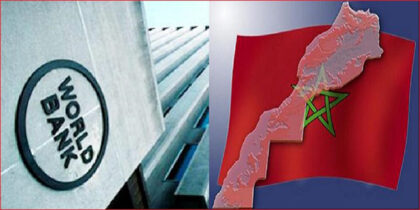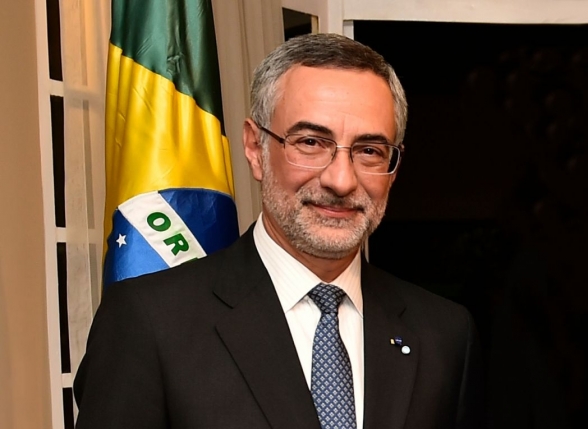The World Bank has approved $600 million funding to Morocco to enable the North African Kingdom finance two projects destined to improve public service and performance.
The first project, which gets a $350 million support, aims to improve the governance, restructuring, competitive neutrality, and performance monitoring of state-owned enterprises (SOEs).
The 2nd project, entitled “Public Sector Performance” (ENNAJAA), will benefit from $250 million funding destined to support the Moroccan government’s efforts to enhance performance and transparency, while focusing on modernizing public administration through digitization and reforms in public financial management.
“The ultimate goal of these two projects is to enhance the performance of the public sector and elevate the quality of public services delivered to Moroccan citizens”, said Jesko Hentschel, WB Country Director for the Maghreb.
The World Bank has supported the Moroccan government in the initial stages and implementation of SOE reform by focusing on results, strengthening the reform implementation capacity of the two implementing agencies, the Ministry of Economy & Finance and the newly created state ownership agency.
These efforts have already achieved measurable results, including an increase in women’s representation on SOE boards of directors from nearly none to 30%, greater competitive space for the private sector, and the inclusion of climate reporting.
On public sector performance, after almost two years of implementation, the initial ENNAJAA program has already shown results, including an increase of nearly 7% in additional tax revenues through better compliance at the national level and a 22 percent increase in revenues collected by the ten largest municipalities at the subnational level.
The additional financing for the ENNAJAA program will prioritize improving public spending efficiency and revenue management, including greater budget transparency for citizens on public spending.
It will also enable the adoption of climate-sensitive budgeting, a first in Morocco, and gender-sensitive budgeting for eight ministerial departments by the end of the project in 2028.



